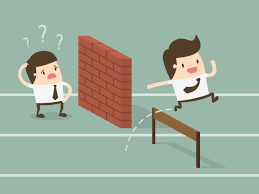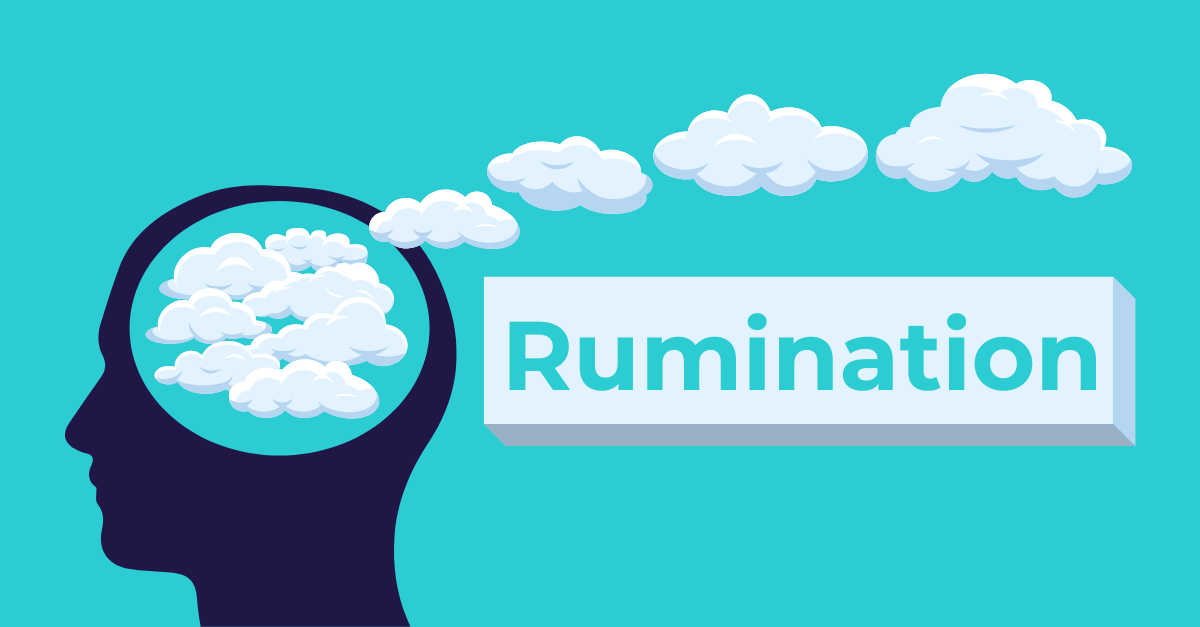Put On Your Mask: Recovering From The Dysregulation of Vacation
Phew. You made it. Winter break is over. I hope you are nice and relaxed and ready for the year ahead.
But… maybe you aren’t. That’s ok too. Here’s the thing though: You and your family don’t have to stay feeling stuck and overwhelmed after a holiday or vacation. To get your family back on track, you need to focus on yourself first. Think of it like an airplane. They always say that if an adult is traveling with a minor, the adult needs to put their air mask on BEFORE helping the child. Emotional regulation starts and ends with the adult. If you are struggling, your children will be struggling too.
But don’t stress out. I have some tips for you to ease out of the holiday and vacation blues and start building regulation back into your life.
Steps for Easing out of the Holiday/Vacation Blues
1. Give yourself a little bit of grace. Living a Strengths-Based Life means that we can focus on all of the things we do well, while recognizing there may be struggles and hurdles along the way. That’s what makes us human. So, if maybe you cried because you never did get those 2022 holiday ornaments and they don’t sell them on Amazon anymore, that’s ok. You probably did 100 things “right” during the same time. Take a moment to assess where you shined. I mean it.
Pause here - What is one homerun you hit this year?
2. Take a moment to grieve and process. Grief can take on many forms and can be caused for many reasons. I think a lot of parents were raised without the Social Emotional Learning (SEL) that is so important and supported today. We may have been told to just suck it up, or that others have it harder than we do. But, it’s important to hold space for the many ordinary losses and their grief that we experience. Sometimes, when we have neurodivergent family members, or are neurodivergent ourselves, our holidays may look a lot different than we may have imagined, and the differences between what we have and what we imagined can feel like a loss. For example, maybe a treasured, childhood holiday tradition for you is torture for your child. That’s ok. Honor that feeling the memory brings without assigning blame to your child for needing a different experience.
A few ways to process any sadness around ordinary losses:
1. Journal or think about your memory. Identify what is making you sad. Do you miss the memory, the people in it, the difference between what you thought you would do vs what you actually do?
2. Honor your memory by telling your children about it. They love you, and they love hearing about your childhood. Tell them about it in a way that says that while your lives and experiences are different, they are equally valid.
3. Talk about the new traditions you are creating with your child and what you love about them. Children love hearing stories about them too! Tell them about something over the vacation or holiday that you loved doing with them. It can be something totally no-related, such as “I loved watching you beat that end boss in your game. You worked so hard on it, and I was so impressed by your diligence. Thanks for showing me about it!”
4. Talk with another person who may also have that memory. Reliving a memory with someone who was there can bring back some of the joyful feelings. It can also be an emotional release, helping you let go, process, and move on.
Remember not to assign blame to that feeling of loss, but do process it so that you can move on and understand why changing traditions can feel sad.
3. Stop ruminating. When we hit a particularly rough patch, we can tend to ruminate. Ruminating is repeating negative, and often shame-based beliefs about ourselves. Ruminating is different from a mental loop of concern (i.e. Did I leave the stove on?) in that it often makes us feel bad about ourselves (I am such an idiot for leaving the stove on. I bet I did it again because I’m so stupid). Ruminating becomes a spinning self-destructive narrative that can become an internalized script. It’s replaying that moment when you messed up as a parent over and over in your head – the whole time just telling yourself how terrible you are. Then, you question every new decision from that place of negative self talk. Rumination just sucks the joy out of you. Neurodivergent people may deal more with rumination, as it often accompanies anxiety, depression, hyperfocus, mental loops, and a whole host of other processing differences.
If you find that you are ruminating (or even just stuck in a spin of mental loops), find a method for extricating yourself. Even just acknowledging or identifying that you are ruminating will help escape its pull.
You can find some methods for stopping rumination here.
4. Take a moment to remember what you have. Sometimes, when we are in a negative self-talk cycle, it’s hard not to see the silver linings in the storm. I get that. But looking at the things that are going RIGHT can really help change perspective - a critical step for stopping rumination and negative self-talk. Intentionally focusing on gratitude can help get you out of your head and help you feel more motivated, joyful, and confident.
In fact, thankfulness is POWERFUL. So many times, neurodiverse people are told to focus on what they lack and where they struggle. This can be more difficult over holidays or vacations, especially when surrounded by neurotypical people who may have neurotypical expectations.
So take some time to intentionally be grateful. This is you putting on your mask. Take a moment to flex this muscle. As you practice gratitude, you will help your child practice thankfulness.
5. Re-establish routine. If during the holidays your kids (or you!) were eating candy by the boatload, falling asleep at 1:00 a.m., and subsisting on a visual diet of YouTube, it is no surprise that they feel out of sorts. One of the best ways to stop dysregulation is to bring back the familiar and comfortable - including routines and diets.
Tips for re-establishing routine.
1- Take a moment to meal plan the week ahead. Moving back to a family-established diet will help your children and you feel better. Making decisions all day long is exhausting, and it doesn’t get easier as the day goes on. So, if you have lost all motivation to cook, set up a meal plan for the week to reduce your decision fatigue. Pick 3-5 easy meals that everyone loves (Spaghetti, tacos, chili, whatever it is). Write them on a sheet of paper and stick it to the refrigerator. Buy all the ingredients for these meals, so when evening comes, meals are already planned, and no one has to spend energy asking, “What’s for dinner?”
2- Move back to a regular sleep routine. This can always be hard for neurodivergent people, because sleep schedules can be hard in general. The first few days back are always the hardest, but stick with it. This can be moving kids back into their own beds rather than co-sleeping with you. It may mean melatonin (with Dr. approval, of course!). It may mean waking up early or canceling evening plans so that children can have the time and space to do nighttime routines.
3- Reduce screen time to pre-vacation levels. If you binged on screens over the break, it may be time to do a screen detox. Once again, this process can be long and painful, but helping your children reduce their screen time to pre-vacation levels will help with sleep and emotional regulation. If your child is able, do a full-screen detox day where nobody (you included!) gets on a screen. If your child uses screens as a support item, work with them on small reductions. For example, after 30 minutes on a screen (or one show, or whatever natural break makes sense), they are off screens for 30 minutes. Just remember that they are going to need you to model healthy ways of processing boredom until they are regulated again. Play games. Go outside. Read a book. Build with legos. Just do this WITH them, until they are in a space to do this without you.
Re-establishing a routine will help both little and big bodies feel better.
6. Take inventory of lessons learned and plan for the next vacation. One of the best ways to get out of the shame-cycle of rumination is to take action. So, make a list of all of the things that went right, and all of the things that didn’t. What connections are there? Did your child enjoy the quiet, calm moments best? Or, did the expectation of presents merge into anxiety? There are many wonderful articles on supporting different neurodivergencies throughout holidays (such as this article on Sensory Processing Disorder). Every person is different though, so obviously use what works. Take all of these things and start making a plan for next time. For example, children may need their own blanket, pillow, or specific stuffies. These can easily get forgotten or lost, so make a Vacation Checklist with each of these must-have items. This may also mean having conversations with relatives that “next Christmas will only be the immediate family.” You can start these conversations now to help ease the transition and set familial expectations.
7. Finally, if all else fails, talk to someone or do an Emergency Reset. Please, do not suffer alone. If you cannot shake your feelings of sadness or shame or overwhelm, you may need more support. Reach out. Find a therapist or a support group. Talk to your partner or a loved one. Don’t suffer alone. If you feel like you can’t get your family back on track, seek additional support. For example, Tilt Parenting has a great resource in their Emergency Reset.
Holidays and vacations can be hard, sometimes even more so for neurodivergent people. Sometimes, when we come out of a holiday or a vacation, the family can be so dysregulated, that it feels almost impossible to return to a regulated and safe environment. But you can do it.
I hope these tips give you some ways to put your own oxygen mask on first, so that you can help your children put their masks on too.
This way, you can both just breathe.





